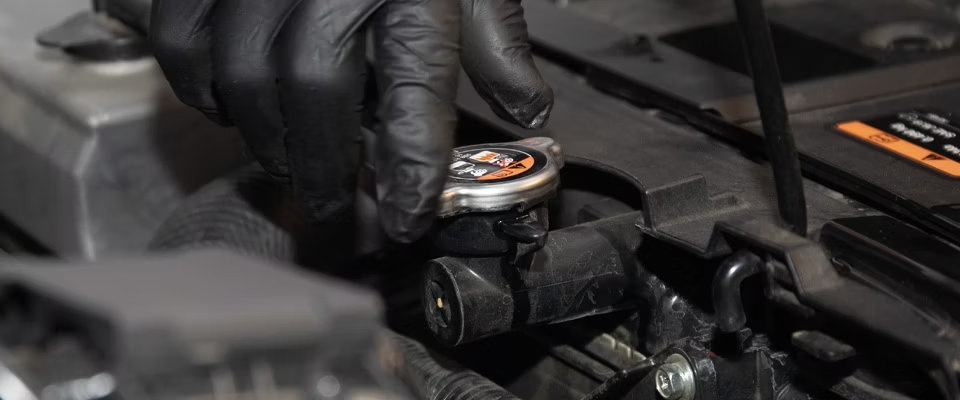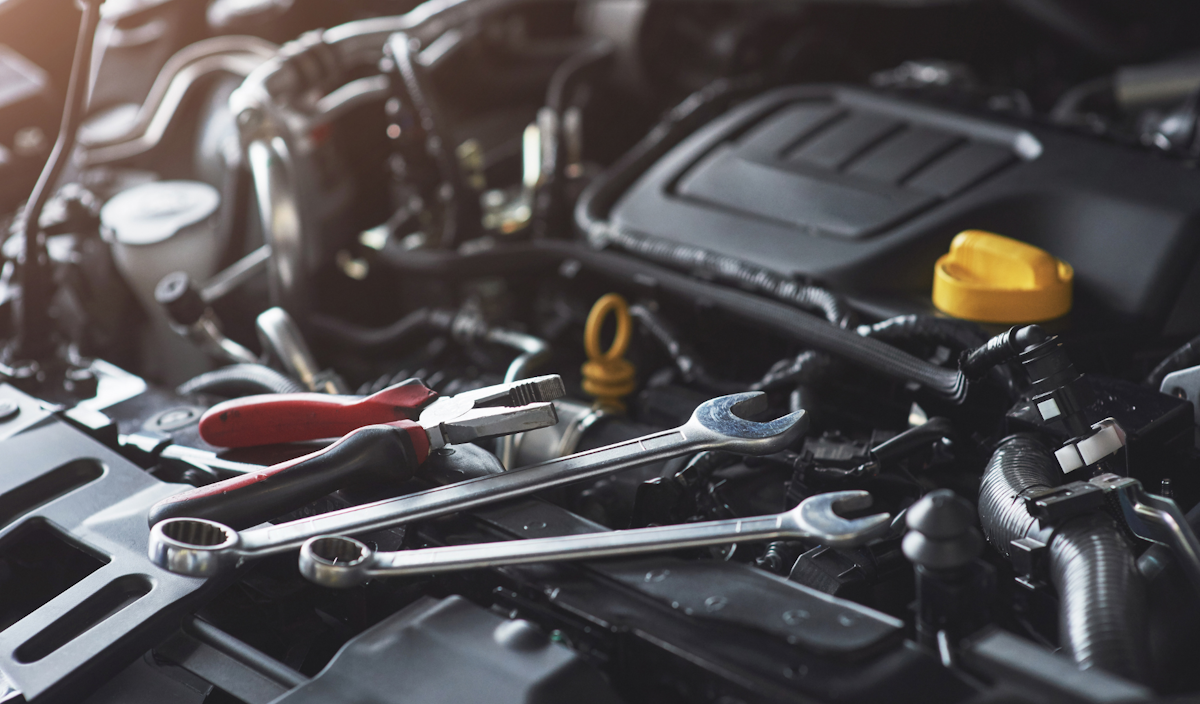
Car Service and Repairs in Hackham
Dave Hopkins Auto Repairs is a Repco Authorised Service Centre & RAA Approved Repairer providing car service in Hackham for more than 35 years.
Read moreRadiator leaks can occur at any time.
We often find this issue when we are servicing vehicles which haven't been serviced regularly enough and on older cars. We share an example of this below.
The radiator comprises both liquid and metallic elements. Inside, it more closely resembles a complex network of pipes than a single-piece cooling system. Given this, it's not surprising that leaks can be extremely detrimental, often leading to the end of your radiator.
The primary culprit behind corrosion is rust, which is widely prevalent. Whilst water can trigger corrosion, the cooling fluid functions differently and is specifically designed to deter or inhibit corrosion. However, with the gradual chemical degradation of the coolant owing to natural wear and tear, it eventually promotes corrosion within the system.

Over time, rust and sediment accumulate in hoses, causing holes to form and allowing coolant to leak out.
To guarantee that your engine remains at an optimal temperature and doesn't overheat, it is essential to refill your radiator coolant in accordance with the guidelines provided by the manufacturer. This ensures that the fluid that circulates through your vehicle's radiator system is effectively regulating the temperature of the engine.
If you have any concerns about your Radiator leaks, coolant or overheating contact the team at Dave Hopkins Auto Repairs to book in an inspection.


Dave Hopkins Auto Repairs is a Repco Authorised Service Centre & RAA Approved Repairer providing car service in Hackham for more than 35 years.
Read more
Even if it looks clean, your coolant still might need replacing! Ask Dave Hopkins Auto Repairs to report on the condition of your coolant to identify issues before they become major problems.
Read more
Dave Hopkins Auto Repairs know that every car is different and the agenda for each service changes according to the schedule, which is why each vehicle is issued with a log book. While you obviously need to find availability in your budget and schedule, don't delay too long because...
Read more